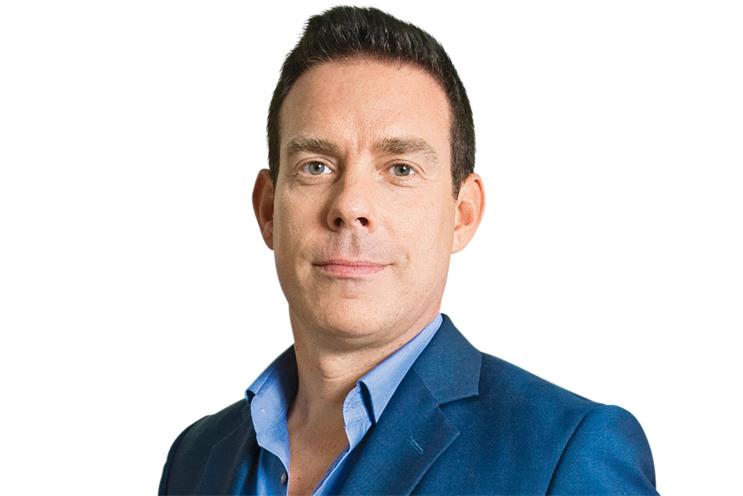As tech consumers, few of us do more than glance over the detail. A simple tick in a box opens the door for today’s digital giants to collect, mine and execute against our rich digital breadcrumbs of activity.
Increasingly, the media is shining a light on how these businesses push the limits of the data they collect; the latest to receive a public media backlash being Spotify, when it unveiled its new privacy policy. While those of us in the marketing industry are acutely aware of the fact that data equals segmentation and monetisation, that truism is not nearly so apparent to the average punter.
Ethics around how personal data is used are not new, nor confined to digital. Take the case of the 87-year-old dementia sufferer Samuel Rae, whose data was passed on by charities he supported, for profit, to unscrupulous buyers. This has sparked outcry, leading, no doubt, to lengthy public debate on the ethics of data collection. However, the mass behavioural shift to research, share, view and buy online means that all of us reading this sit as anonymous profiles within multiple databases.
We are at a tipping point where things must change and we should be spending more time talking about when, where and how companies collect data. There needs to be some education to show that marketers collect data so they can provide better, more meaningful products, services and experiences. With this comes increased consumer expectation. If, on the back of sensationalist media stories, the public misperceives online advertising as a black art rather than a force for good, we have failed.
Today’s consumer is more tech-savvy than ever and the tools to remove advertising are more freely available and understood. The manner in which Spotify unveiled its new privacy policy doesn’t help. I believe the industry is at a pivotal point in the evolution of data-led marketing. Consumers are being poorly targeted every day so the tide is rising. If we are to deliver on the promise of more meaningful experiences, the industry must act now.
I believe the onus is on the digital data powerhouses – Facebook, Google, Microsoft, Spotify – to work together pro-actively to address these serious public concerns, provide reassurance and promote more visibility. All agencies, media and creative, must also play their role.
The web is a notoriously tricky media space to regulate and, to date, most people have been happy to assume self-regulation is the answer. If we don’t think beyond this, we risk finding ourselves on the receiving end of heavy-handed, Draconian legislation penned by those who fail to appreciate the advantages and consumer benefit.
Paul Frampton is the chief executive of Havas Media UK


